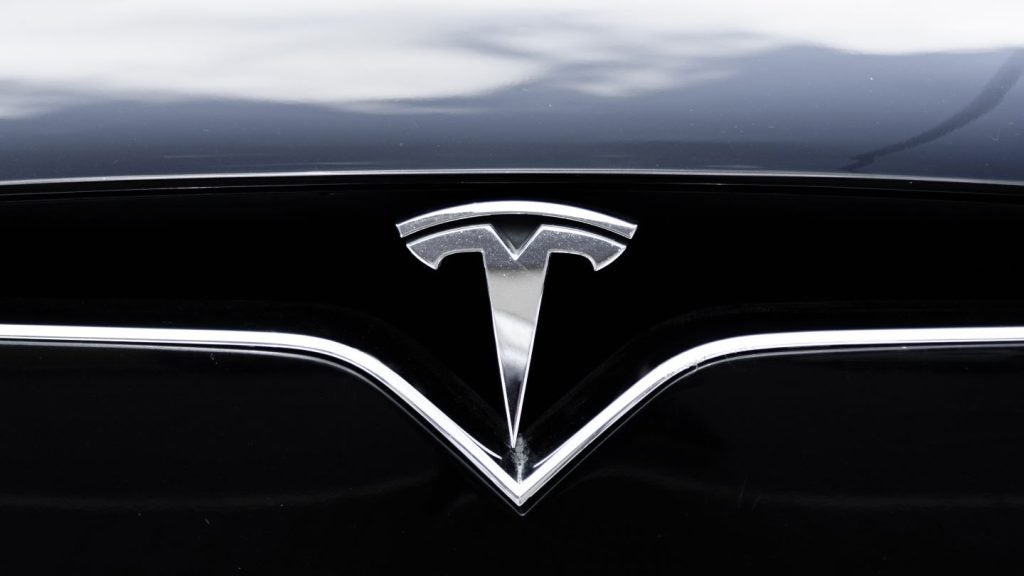Elon Musk has signalled Tesla may construct its own large-scale semiconductor fabrication facility to meet surging chip needs as the company expands in artificial intelligence and robotics.
Speaking after shareholders approved his $1trn compensation plan at the annual meeting in Texas, Musk said Tesla would likely require a “gigantic chip fab” capable of one million wafer starts per month over time, beginning at around 100,000.
Musk told investors that electricity and semiconductor supply are the key constraints to the company’s ambitions, which include scaling vehicle output and accelerating production of its Optimus humanoid robot.
“It’s not just a new chapter for Tesla, it’s a new book,” he was quoted by Nikkei Aisa as saying.
“And that new book is massively increasing vehicle production and ramping up Optimus production faster than anything’s ever been ramped up before in history.”
The newly approved package will vest in 12 tranches tied to operational and financial targets such as delivering 20 million vehicles, reaching 10 million active subscriptions to Full Self-Driving (FSD), putting a million Optimus units into customers’ hands, and deploying a million robotaxis.
Musk said Tesla’s custom AI5 processor — designed to run its vehicles and robots — uses a third of the power of Nvidia’s Blackwell while costing less than 10%, though “is very much optimised for the Tesla AI software stack” and “not meant to be a general-purpose chip”.
Tesla currently relies on Taiwan Semiconductor Manufacturing Company (TSMC) and Samsung Electronics to make its AI chips at facilities in Asia and the US.
Musk added the company is assessing a possible arrangement with Intel’s contract manufacturing arm.
“Maybe we’ll do something with Intel. … We haven’t signed any deal, but it’s probably worth having discussions with Intel,” he said.
Even with multiple suppliers, Musk cautioned output could fall short of Tesla’s needs.
“We’ll take as many chips as our suppliers can provide us, but then beyond that, if they can’t provide us with any incremental cells or chips, we kind of have to make them ourselves, or we get stuck,” he said.
“I can’t see any other way to get to the volume of chips that we’re looking for.”
TSMC’s annual capacity in 2024 reached about 17 million 12in equivalent wafers, underscoring the scale of Musk’s proposed target for Tesla.
Pursuit of the company’s milestones also hinges on progress in autonomous driving in China.
Tesla delivered 1.79 million vehicles in 2024, with more than a third in China, where it faces intensifying competition from local manufacturers such as BYD and has yet to secure approval to launch FSD.
Musk previously anticipated Chinese regulatory clearance for FSD by the end of 2024.
After a limited free trial earlier this year, Tesla paused the offer pending authorisation.
“Hopefully, we will have full approval in China around February or March or so. … That’s what they’ve told us,” he said.









